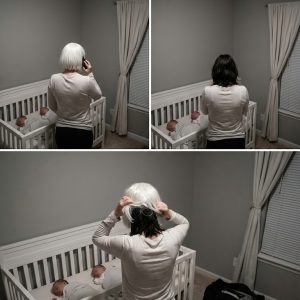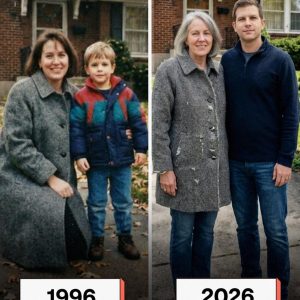At a sweltering summer block party, I was staffing a community outreach table with two police officers when a little girl, no older than four, approached us silently. She held a freezer pop in one hand and a folded note in the other. Without a word, she handed me the note.
It was from her mother. In hurried handwriting, she explained she could no longer care for her daughter—no food, no home, no safety. She left her child at the event, hoping someone in uniform would help discreetly. At the bottom: “Her name is Lila. She likes dinosaurs and pancakes.”
I knelt to speak gently with Lila while my colleague called dispatch. She was composed, unaware of the weight she carried. We kept her company until social services arrived. She was placed with a kind foster family, and we began the search for her mother.
Weeks later, we found Marisol living in her car, struggling but seeking mental health care. Her decision wasn’t neglect—it was desperation. Her love for Lila was clear. Social services offered support: therapy, job training, and housing. Marisol seized the opportunity, determined to reunite with her daughter.
Over time, she rebuilt her life. A year later, I was invited to Lila’s birthday party. Watching her run into her mother’s arms, happy and safe, was a moment I won’t forget.
It reminded me that compassion, support, and second chances can turn even the most painful situations into stories of hope and healing.




